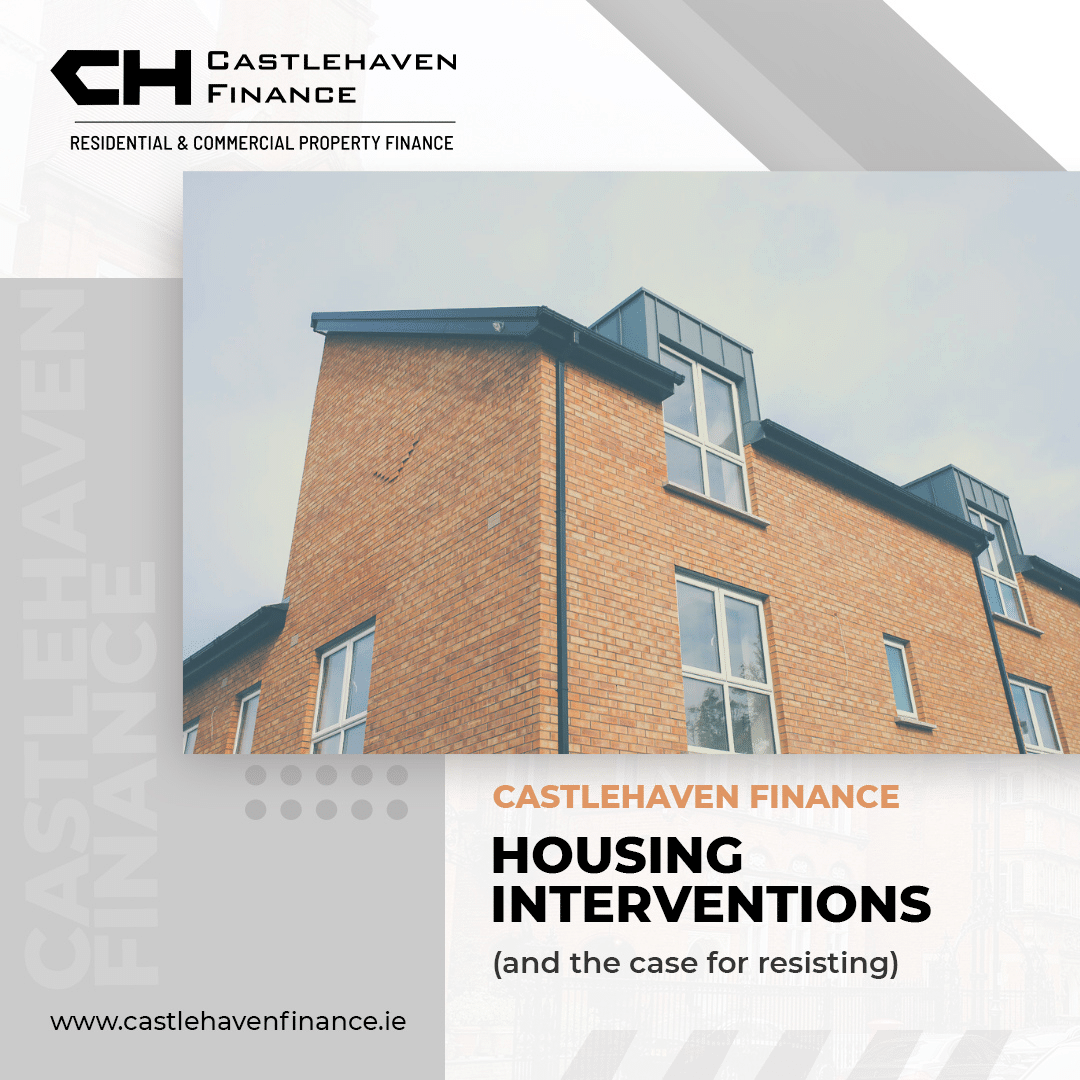Housing Lessons Learned from Global Markets
It has been a tumultuous week for housing in Ireland. And the Irish housing conversation is continuing far away from this country. The Economist magazine undertook a study of house prices across 16 countries and forecast that the Irish property market will be the standout performer post-pandemic recovery and beyond. The magazine published an interactive guide to housing data across the world, which can be accessed here: https://www.economist.com/graphic-detail/global-house-prices.
Leading with the controversial assertion that the Celtic Tiger looks poised to reawaken, the Economist research credits the underlying strength of Ireland’s economy, including employment rates and income levels, with boosting the performance of the marketplace here. With global house-price growth over the next two years expected to average 0.7 per cent as the “global rally loses steam”, annual house-price growth of about 2.5 per cent is forecast for Ireland. It is worth noting that the same study predicts France and Germany are likely to be the best-performing markets over the next three years.
While the above study captured the attention of industry media, it was one of the supporting opinion pieces in the same publication that caught the attention of the Castlehaven Finance team, particularly in light of speculation this week about new property measures for the market here.The opinion piece in question highlights a trend seen globally for house prices to soar immediately after the easing of Covid-19 restrictions (New Zealand has seen increases of 22 per cent and average prices across the US are up 11 per cent). This represents the quickest increase in house prices since the crash more than a decade ago and it is being “boosted by low interest rates and fiscal stimulus”, according to the Economist, not to mention the 50 per cent increase in personal savings across the “rich world”. All of this, coupled with the trend for remote work, which is driving a collective move away from urban areas, is creating an unpredictable dynamic in the property market. But one thing remains utterly predictable, that is, the prevailing lack of housing affordability in most cities across the world. Policymakers are poised to take action, but is market intervention the right move? The opinion piece makes reference to the concerns of “Central bankers from Copenhagen to Ottawa” at the pace of housing inflation, with many governments implementing rent controls “as knee-jerk responses” to rising prices. As property markets start to recover after the pandemic, there will likely be pressure on governments to intervene but the article urges that “Policymakers in rich countries should resist”.
There are many reasons given as to why governments ought not to intervene or interfere with the market, chief amongst them is that it is not necessary at this time due to relative financial stability. Of course, this is a global view rather than an Irish one, however, it is important that we look to other jurisdictions and learn from what works and what does not. The key message reverts back to Economics 101, “the laws of supply and demand dictate that housing will be cheaper if more homes are built”…
With offices in Dublin and Cork, Castlehaven Finance has provided development finance for both private and social housing to developers, builders and project owners across Ireland in excess of €3 Billion (311 loans) since 2014. Speak to the Castlehaven Finance team about your next commercial or residential development project https://www.castlehavenfinance.com/contact
